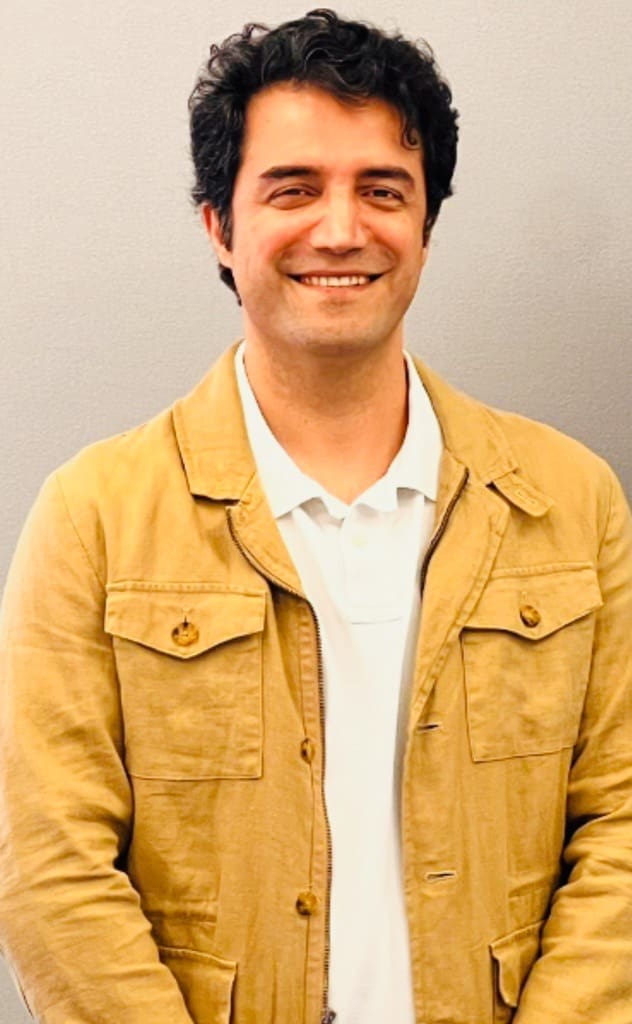Dr Kaveh Delfanazari, of the James Watt School of Engineering at the University of Glasgow, is undertaking a four-year project, supported by a Royal Society Industry Fellowship, to advance superconducting quantum control platforms in collaboration with SEEQC. This research concentrates on the on-chip integration of ultrafast coherent microwave emitters with quantum processors operating at cryogenic temperatures, a critical requirement for energy-efficient and scalable quantum computing control, communication, and distribution. Fabrication will be facilitated by the University’s James Watt Nanofabrication Centre, utilising state-of-the-art tools for quantum device manufacture. The collaboration, initiated through the Royal Society’s Industry Fellowship scheme, aims to leverage Dr Delfanazari’s expertise to enhance SEEQC’s capabilities, as highlighted by Dr Oleg Mukhanov, Chief Scientific Officer and Co-founder of SEEQC, and is intended to deliver long-term benefits to both the UK quantum ecosystem and the broader global economy.
Quantum Computing Advance
Kaveh Delfanazari, of the James Watt School of Engineering at the University of Glasgow, has been awarded a Royal Society Industry Fellowship to spearhead advancements in scalable quantum computing technologies. This four-year project focuses on the crucial challenge of integrating ultrafast coherent microwave emitters directly onto quantum processor chips, which operate at cryogenic temperatures – typically in the millikelvin range. Such on-chip integration is paramount for achieving energy-efficient control, communication, and distribution of quantum information, addressing a significant bottleneck in current superconducting quantum computing architectures. The research leverages the facilities of the James Watt Nanofabrication Centre, providing access to advanced tools essential for the fabrication of these complex quantum devices.
Delfanazari’s work centres on overcoming the limitations of off-chip microwave control systems, which introduce signal degradation and energy loss due to transmission line impedance mismatches and dielectric losses. By fabricating coherent microwave emitters directly onto the quantum processor, signal integrity is maintained and the latency associated with off-chip control is substantially reduced. This approach is particularly vital for scaling up superconducting platforms, addressing key challenges in scalability and control. Delfanazari stated the Fellowship offers a unique opportunity to bridge academic excellence with industrial innovation, and expressed his excitement at collaborating with SEEQC on a project of strategic importance to the future of quantum technologies. He believes this work will drive technological progress and deliver long-term benefits to the UK quantum ecosystem and the broader global economy, and conveyed his gratitude to the Royal Society for its support.
